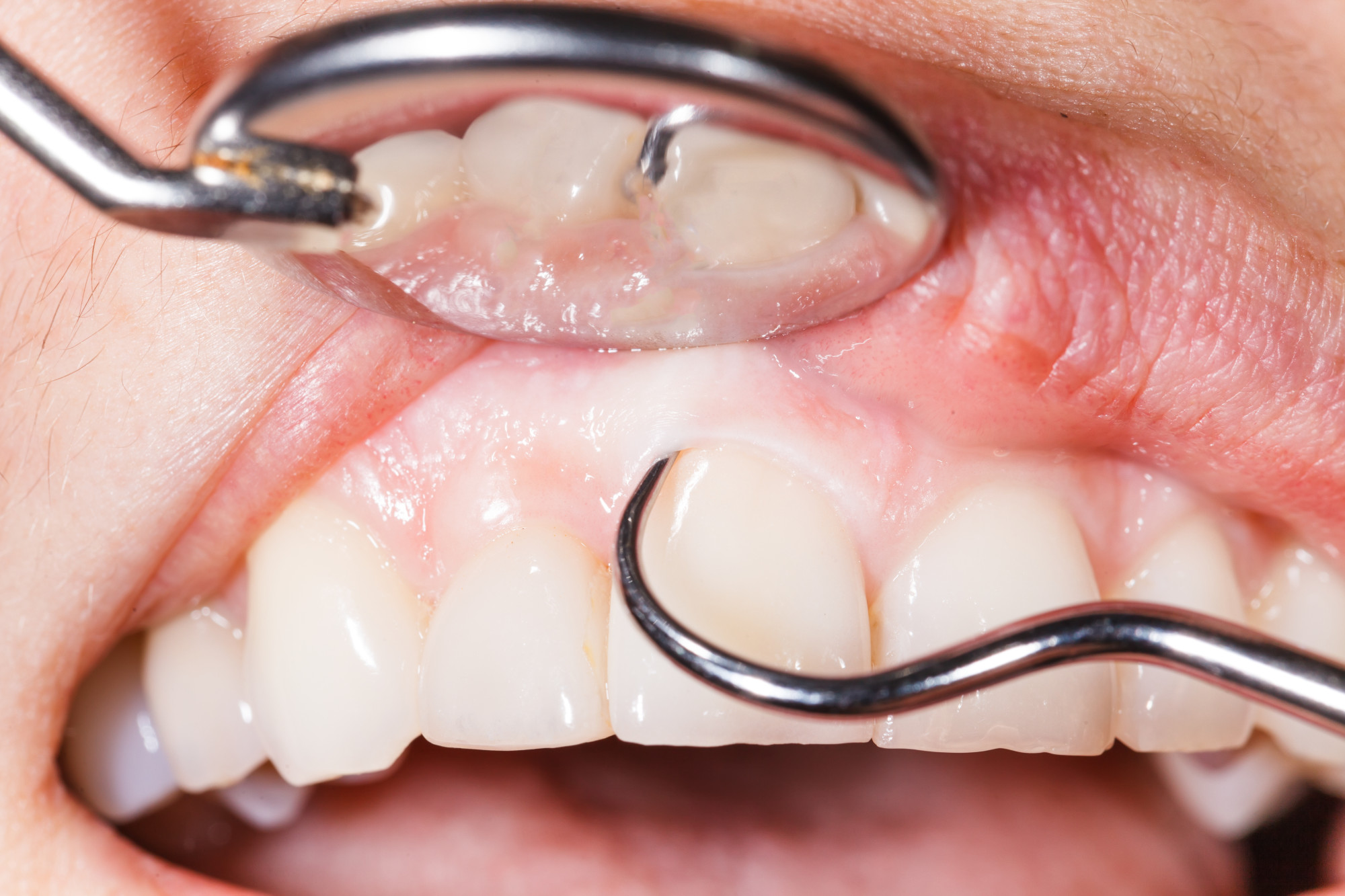Irritated Gums and More: 5 Signs You Might Have Gum Disease

Did you know that gum disease affects close to half of American adults who are at least 30 years old? The same data shows that a whopping 70 percent have the condition if they’re at least 65.
This unfortunately common condition happens due to your mouth’s bacteria causing irritated gums. Without careful brushing, flossing, and dental cleanings, this bacteria builds up to irritate your gums. The effects can lead to more than just discomfort and cause both gum recession and tooth loss.
Learn about five common signs of gum disease that you must know.
1. You Have Swollen and Irritated Gums
Do your gums look red and bigger than usual? If so, you likely have irritated gums. This can mean you have a form of gum disease like gingivitis.
In some cases, you might notice that your gums hurt when you eat or brush your teeth. However, you can have gum disease even without discomfort.
2. You Have a Weird Taste in Your Mouth
Since gum disease occurs due to bacteria in your mouth, this often means you’ll have a strange taste in your mouth. This usually is unpleasant and can also cause your breath to smell bad.
Unfortunately, the bacteria source usually is under your gums at this point. So, you can’t just brush the bad taste away or get good results with mouthwash.
3. Your Teeth Feel Loose
When you get to the later stages of gum disease, you may notice your teeth start to wiggle if you try. This happens since the gums have become weak and can no longer support your teeth.
Along with having your teeth feeling loose generally, you might even notice that your teeth look crooked or crowded from movement.
4. Your Gums Bleed
Occasionally, your gums might bleed due to them getting scraped with hard food or brushing too roughly. However, if you notice your gums bleed during normal activities, this can indicate one of the many gum disease symptoms that put your teeth at risk.
At the same time, it can mean another condition like oral cancer. So, get checked out at your dentist’s office quickly if you have this symptom.
5. Your Gums Have Receded
If you wonder how to know if you have gum disease at an advanced level, check for receding gums. This will look like your gums seem to be shrinking away from your teeth.
As a result, your teeth may look longer, even though they haven’t actually changed size. This often happens with other common periodontal disease symptoms like sensitivity and bleeding gums.
Seek Dental Care for Gum Disease Signs
Whenever you notice irritated gums or any other sign of gum disease, reach out to your dentist as soon as possible. Otherwise, you risk losing your teeth and even facing health problems like heart disease from poor gum health.
If your dentist catches mild gum disease early, paying close to attention to oral hygiene might prevent future damage for you. Your dentist may recommend surgery, scaling, and planing, or antibiotics for more severe cases.
For more content on dental health and other similar topics, feel free to check out our blog!



